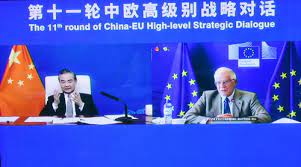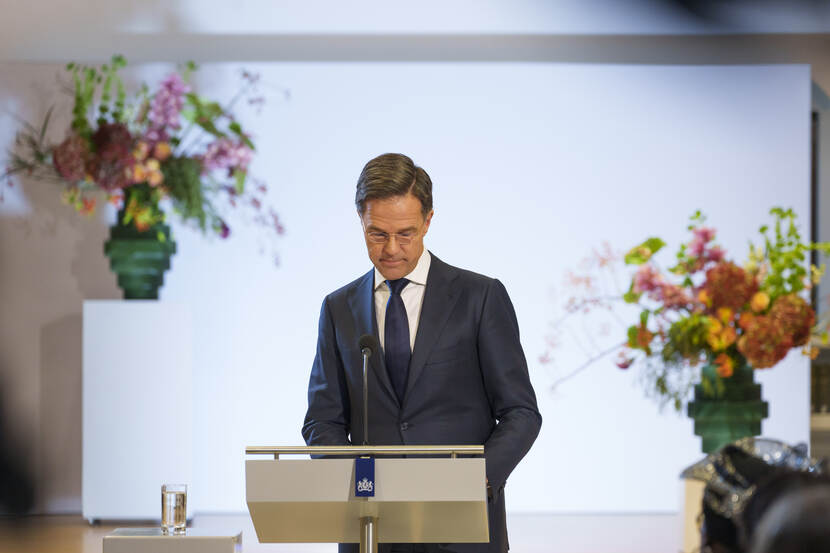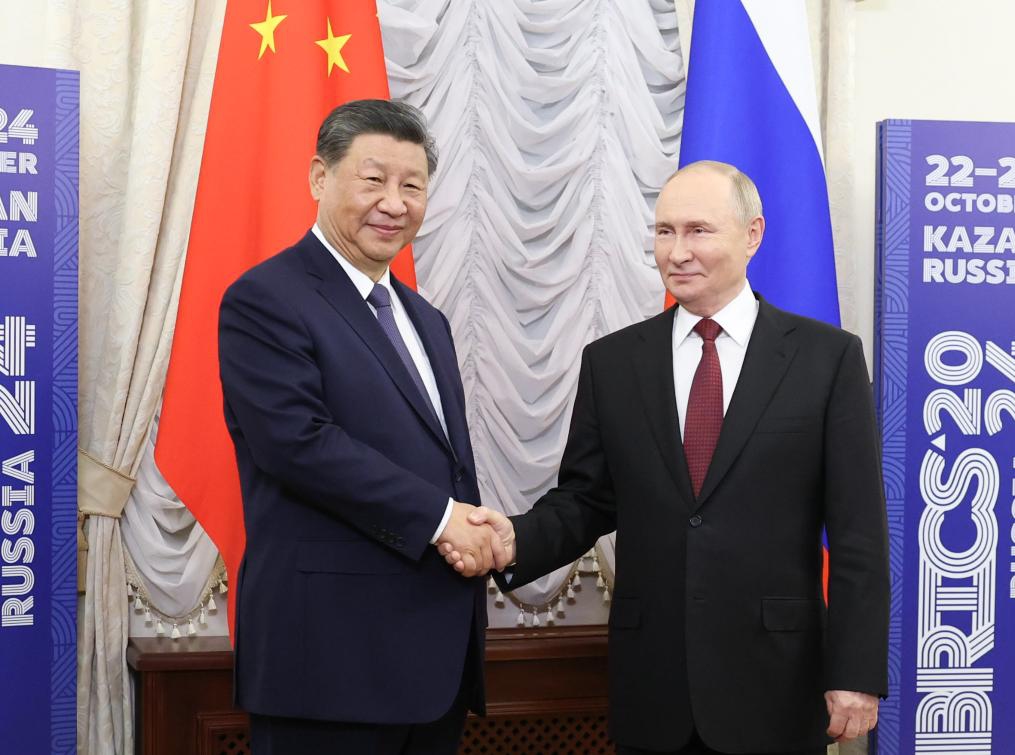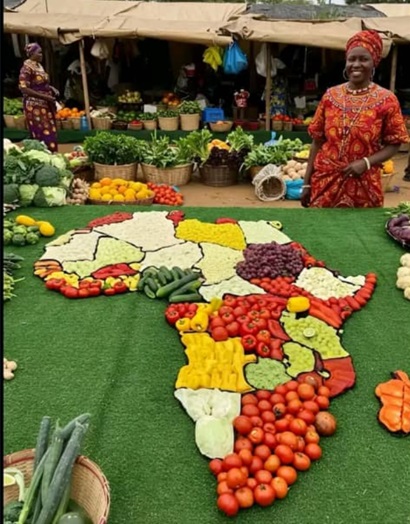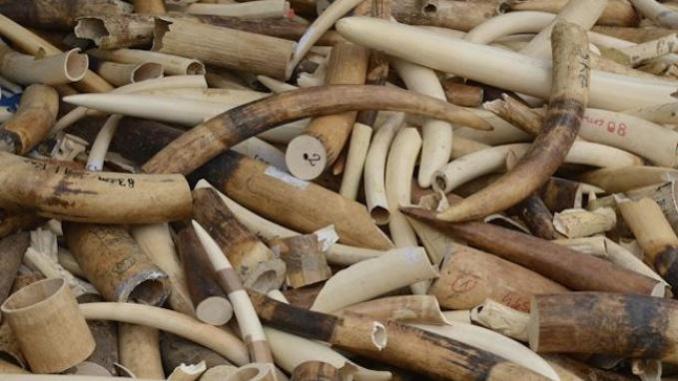
Botswana being a Party to the Convention on International trade on Endangered Species (CITES) is currently participating at the ongoing CITES COP 19 in Panama City, Panama.
Decisions taken at CITES are important to Botswana as they can have a negative impact on our sustainable utilization model that has proved successful over the years. Of particular importance to Botswana is the decisions around elephant management and ivory trade.
This is because Botswana has the single largest African Elephant population in the world and therefore it is critical that as part of their management sustainable utilization must be accepted by the parties.

Botswana and other range states in Southern Africa has to bear the brunt of managing such a large population and the communities living alongside these animals must receive some compensation which will motivate them to continue with the conservation of species.
There are a number of proposals which have been presented at the ongoing conference that have a significant impact on Botswana’s conservation efforts. For a proposal to be accepted it should have a two third majority. The following proposals have been
- Proposal 4; to amend annotation 2 pertaining to the populations of Loxodonta Africana in Botswana, Namibia, South Africa and Zimbabwe, by Zimbabwe.
- The proposal by Zimbabwe requested for an amendment of annotation 2 pertaining to the African elephant populations of Botswana, Namibia, South Africa and Zimbabwe. The proposal if accepted would have allowed for the affected range states to have an opportunity to trade on elephant specimen even though restricted. Botswana supported the proposal however, it was rejected by the conference with 15 in favour, 83 against and 17 abstentions.
- Proposal 5; to include all populations of Loxodonta africana in Appendix I through the transfer from Appendix II to Appendix I of the populations of Botswana, Namibia, South Africa and Zimbabwe. The proposal was by Burkina Faso and other west African states
- The proposal by the Burkina Faso and other West African states if it had been accepted would have had our elephant up-listed to Appendix 1 and this would have had the effect that we would not be allowed to trade in any of the elephant specimens meaning even hunting will not be allowed. This would negatively affect the communities who currently make money through the sale of hunting quotas in their concessions. Botswana opposed the proposal and it was rejected with the following: 44 Parties in favour, 59 against, and 13 abstention
- Proposal 1; to retain Hippopotamus amphibius in CITES Appendix II with the following annotation: “a zero export quota for wild specimens traded for commercial purposes” by Benin
- The proposal by Benin and other West African States originally wanted to up list the Hippo from Appendix II to Appendix I, however, the proposal was amended to keeping the Hippo on Appendix II with a Zero export for wild specimen traded for commercial purposes. Botswana does not have a hunting quota for Hippos however, the population of Hippos is steady and not threatened in anyway therefore, we opposed the proposal as it could hurt us in future when we might want to have a hunting quota for Hippos. The proposal was rejected with the following votes; With 58 in favour, 51 against and 14 abstentions
- Ivory stockpiles: implementation of Resolution Conf. 10.10 (Rev. CoP18) on Trade in elephant specimens. The proposal by Gabon was for the Conference to approve the proposal for range states with Ivory stockpiles to destroy their ivory stockpiles in order to avoid them getting into the illegal trade market. With the vote being 34 in favour, 52 opposed and 13 abstentions, the proposal was rejected
- Proposal on closing of the domestic Ivory market. The proposal by Kenya supported by west African countries of Benin, Gabon and Senegal proposed for all countries that still have the domestic market to close it. The country with the most significant domestic market being Japan was specifically called out to close their market. However, this proposal was not successful as there was not enough support for it to even go for a vote.
- Establishing a fund accessible to range States upon non-commercial disposal of ivory stockpiles. Kenya submitted a proposal on the establishment of a fund that could be accessible by the elephant range states to provide funding for elephant conservation. The rational from the proponents was that if funding is made available then the question of elephant of ivory trade will no longer be relevant.
- Engagement of indigenous peoples and local communities – There was a proposal for the working group on engagement of indigenous and local communities to have its mandate extended in order to look more into the issues of how to engage local communities and indigenous communities in CITES decision making. However, the proposal to have an advisory committee on indigenous and local communities was not accepted. The lack of representation of local communities in CITES decision making structure is seen by many parties as problematic because they are the custodians of the wildlife that is being discussed at CIITES, therefore there should be a mechanism that can allow for their voices to be heard.
Conclusion
- There have been some successes so far especially with being able to keep the Botswana, Zimbabwe, South Africa and Namibia elephant populations in Appendix II
- There is a need for the SADC countries to have a clear engagement strategy that should target countries especially in Asia and South America who might become important in supporting us moving forward
- The issue regarding Southern Africa and West Africa requires a more diplomatic engagement as at technical level it might be difficult as decisions are taken at country level






